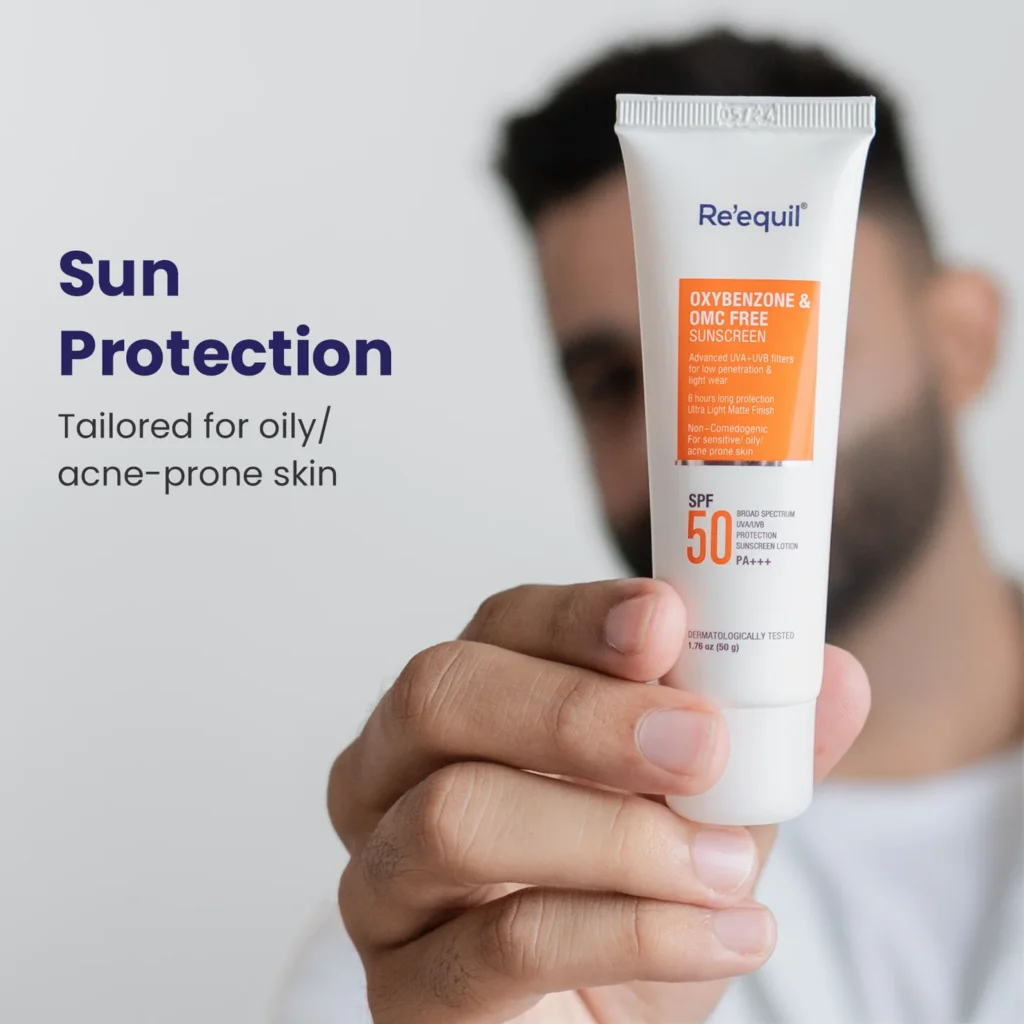
One of the most important skincare and makeup tools you have is sunscreen. The rest of your program would be pointless without it because it is little but unquestionably powerful. In addition to shielding the skin from the sun’s damaging rays, sunscreen also works to delay the onset of age-related changes. The majority of sunscreens work to shield the skin from UVA (aging) and UVB (burning) damage brought on by the sun’s dangerous rays.
It has been demonstrated that using sunscreen with an SPF of 30 or above will shield the skin against UV rays that penetrate the ozone layer of the earth. Our skin is now more exposed to harmful UV rays, which has accelerated the rate at which our skin ages. This is due to rising pollution levels and the thinning of the ozone layer. Using sunscreen can keep our skin protected and delay the onset of age-related changes. Also, it lowers our chance of developing skin cancer.
Why should you need to apply the best-suited sunscreens for your skin?
The sunscreen you choose must, however, be appropriate for your skin type, lifestyle, and environment. Use sunscreen with a high SPF if you frequently spend long periods in the sun’s damaging rays; otherwise, an SPF of between 15 and 30 will be sufficient to protect your skin.
Even for individuals who spend a lot of time indoors, sunscreen is essential. The light released by electronics and the sunlight that enters through windows ages the skin more quickly. While the windows and screens hide the majority of ultraviolet (UV) radiation, they do not do so equally, leaving our skin vulnerable to their damaging effects.
Is Sunscreen Necessary Indoors?
Yes, to answer briefly. UV rays can penetrate glass windows, as Green pointed out. As a result, it’s crucial to wear SPF both inside your home and in your car. Driving is when UV hand aging occurs to the greatest extent, thus using an SPF-infused hand lotion like the Supergoop. Although UVB rays are blocked by glass windows, UVA rays can still enter your home and penetrate your skin. As UVA rays reach a deeper layer of skin than UVB rays, they are more harmful. In actuality, skin cancer, premature aging, and hyperpigmentation are all caused by UVA rays. All of this is to imply that finishing your skincare process with a last layer of SPF is a fantastic, absolutely important idea, even if you intend to spend the entire day indoors.
Does Sunscreen Provide Blue Light Protection?
Certain sunscreens, such as those made with zinc oxide and/or titanium dioxide, do protect against blue light, or the light emitted from displays (such as your phone, laptop, or TV). Compared to the other SPFs in the trial, it was discovered that sunscreens with microfine titanium dioxide provided much greater protection against both UVA and blue radiation.
Minerals such as zinc oxide and titanium dioxide are used to create physical sunscreens. Recall that chemical sunscreens attract light inward while still providing protection by absorbing the rays, whereas physical sunscreens rest on top of the skin and bounce light off the surface to shield it from damaging penetration.
Should You Reapply If You’re Indoors?
Re-applying sunscreen every two hours is advised by medical professionals. Nevertheless, you don’t necessarily need to reapply if you’re inside and away from windows. Since you’re less likely to be perspiring or swimming indoors, your sunscreen is also less likely to become ineffective once you’ve applied it. But be aware that doesn’t mean you should completely stop using SPF (or reapplying it). Whatever your plans for the day, skincare professionals urge us to use sunscreen at least twice a day. Please keep in mind that it can take up to 20 minutes for the sunscreen to fully enter our skin. 20 to 30 minutes before leaving the house, be careful to apply sunscreen. Before using, thoroughly shake the bottle. The back of your neck, your arms, and any other exposed areas of your body should all have sunscreen applied. Use more sunscreen for additional protection against the sun’s harmful rays if you are in the sun for longer than an hour.
Conclusion
If you start using sunscreen, you’ll find that it keeps your skin from getting sunburns, redness, or heat stroke-related consequences. Your wrinkles and other aging symptoms become less prominent. Sunscreen’s active components offer your skin a youthful look and help it restore its elasticity.

